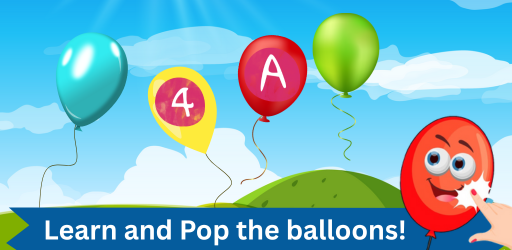How Writing Increases Memory and Learning
The philosophy of less but better is applied quite accurately when it comes to writing down notes, tasks, and other daily reminders. With the rise of technology, the convenience of taking notes by typing on your laptop is quite appealing.
However, this approach limits you in certain capacities that may not be readily apparent. Additionally, the use of technology brings with it numerous distractions that take you away from your concentration and affect your performance.
In recent years, the use of journals has increasingly been adopted by people worldwide for different applications. Taking pen to paper has a distinct correlation with your brain and features the use of different cognitive processes.
However, the importance of handwriting may be completely lost on you if you don’t have a clue about its effects. Taking your favorite fountain pen to take notes is a great way to increase memory and enhance your learning capabilities.
RELATED: Benefits of Reading Bedtime Stories to Kids
Increasing Memory and Learning Through Writing
Writing by hand is a great way to improve your memory retention and help you make learning easier. When it comes to typing, you find that it is faster than writing on paper. As the lecturer dictates the notes, typing would allow you to get in more of the words being said.
However, when it comes to handwriting, the process can be a bit daunting and slow. This means that getting to write everything you hear will be next to impossible. This is where your brain and cognitive skills are put to the test.
Handwriting will allow you to listen to what your lecturer says, process the information, and get the point being communicated. This will then allow you to write down a point that you completely understand.
The process involved when getting the point being driven and writing it down allows you to retain the information with ease. According to Beesly and Apthorp’s meta-analysis (2010), the students who took their time to summarize and take effective notes had higher performance. In essence, taking handwritten notes increased the student’s achievement rate significantly.
Handwriting and Its Connection to the Brain
According to a study done on 5-year-old children in the James & Engelhardt study of 2012, handwriting significantly influences your brain. The study involved having the children trace, type and handwrite letters and shapes.
During this process, the children’s brain activities were closely being monitored in an MRI to see the different effects. The study showed that handwriting the letters activated different regions of the brain different from typing or tracing. We found that the effects of handwriting on your brain functions are quite significant.
Generative and Non-Generative Note Taking
According to a study done by Mueller and Oppenheimer about the pen being mightier than the keyboard, note-taking can be categorized into two: generative or non-generative.
Generative note-taking involves a clear understanding of what’s being said. It features summarising concepts, content mapping, and paraphrasing of content.
These processes employ the use of your mental faculties making it easier to understand and remember what you write down. This is referred to as the encoding hypothesis which allows for easier learning and memory retention.
On the other hand, non-generative note-taking involves a lot of typing what you hear from the lecturers or speakers. This features taking notes verbatim and does not involve much brain processing of the information. The need to type everything you hear is heightened when using a laptop given that typing is faster than writing. With this in mind, you find that non-generative note-taking doesn’t result in increased memory or learning.
Keep on Writing
Numerous studies show that there is a clear correlation between writing, increased memory retention, and learning. With this in mind, it is best to keep on working to take handwritten notes each time to help you get to your goals.
It might be less convenient compared to typing, but it will result in better long-term benefits. Take your pen to paper each time you need to plan something, note something, or just get your thoughts down. You can also reach out to many handwriting practice games online.
Writing will solidify your thoughts, ideas, and lessons in your mind and help you better actualize what you need to.
Common Questions on the Impact of Writing on Memory and Learning
- Why is handwriting more effective for memory retention than typing?
Handwriting engages different brain regions and cognitive processes, allowing for better information processing and retention compared to typing, which often involves less mental engagement. - What are the cognitive benefits of writing by hand?
Writing by hand can enhance brain connectivity, improve conceptual understanding, and activate areas associated with memory formation, leading to better learning outcomes. - How does the speed of writing affect learning?
Although typing is faster, it can lead to verbatim note-taking without comprehension. Handwriting takes longer, encouraging summarization and deeper processing of information. - Are there specific techniques to improve handwriting for better learning?
Practicing cursive or script writing and incorporating regular handwriting exercises can enhance fine motor skills and cognitive engagement, further benefiting memory and learning. - What age groups benefit most from handwriting?
While all ages can benefit, children in early education particularly gain from handwriting, as it aids in letter recognition and cognitive development during critical learning stages.

Improve your Child's Reading Comprehension Skills Through an App!
Reading Comprehension Fun Game helps parents and students improve reading skills and ability to answer questions. This English Reading Comprehension App has got the best stories for kids to read and answer related questions!









